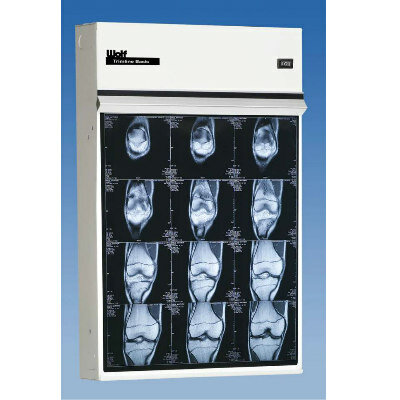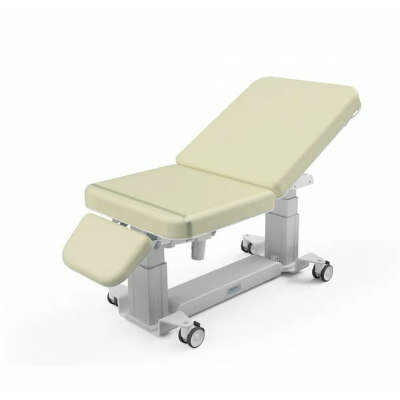X-Ray Tube Housings Conform to RoHS Regulations
By MedImaging International staff writers
Posted on 16 Jul 2014
CE-marking eligible X-ray Tube Housing assemblies conform to European Union Restriction of Hazardous Substances (RoHS). Posted on 16 Jul 2014
Under the RoHS directive the maximum amount of specific materials in electrical and electronic products that pose a threat to the environment and the occupational exposure during manufacturing as well as recycling is regulated. The directive specifically restricts six hazardous substances used in the manufacture of electrical and electronic products. These include Lead (Pb), Mercury (Hg), Cadmium (Cd), Hexavalent Chromium (Cr VI), Polybrominated Biphenyls (PBB), and Polybrominated Diphenyl Ethers (PBDE).
The Dunlee (Aurora, IL, USA) X-ray Tube Housing has been designed, manufactured, and tested and found to be compliant with the legislation laid out in the RoHS Recast Directive 2011/65/EC. The effective RoHS date for product has varied by model, starting in March 2014, but as of May 24, 2014, all CE marked products are RoHS compliant.
Dunlee, a division of Philips healthcare, is a leader in research, design, and manufacture of high-performance replacement tubes for CT, vascular, and general radiography. Dunlee markets and distributes products to OEMs, service providers, and end users worldwide.
Related Links:
Dunlee














